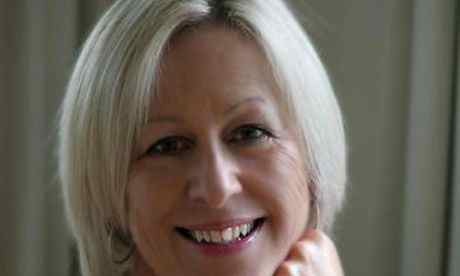Bodies are machines, says Associate Professor Geoff Shaw, an intensive care specialist in Christchurch. He’s passionate about bridging the gap between engineering and medicine, using that connection to help unravel the secrets of human machines.
There’s truth in what he says about the human body, especially when viewed from the highly mechanized intensive care environment where suspended animation comes into its own.
However, even though the Institute of Professional Engineers has rewarded Dr Shaw for his work, it’s a chilling possibility that engineering could become the face of medicine.
For this is a reductionist approach, drilling down to separate the human person into component parts that can be investigated, diagnosed, dosed and dispatched like, well, a machine.
Meanwhile, Archbishop Desmond Tutu has received the Templeton Prize for his lifelong work in advancing spiritual principles such as love and forgiveness.
You might think this has nothing to do with medicine but John Templeton the philanthropist who funded the Templeton Foundation would disagree. After making his fortune on the money markets, the second part of his life was spent promoting the exploration of matters spiritual. His great hope was that humanity would be more open-minded about ultimate reality and the divine.
For Templeton, science was crucial to that endeavour. He believed that because our knowledge of the universe was still very limited that the search around the big questions of human purpose and ultimate reality could not be done in isolated pockets. Science and spirituality would need to mix.
That’s exactly my observation as a hospital chaplain. We can see people as machines for a time, feeding and extracting waste through tubes, measuring, monitoring and assessing, but that’s not the whole truth.
Lives are a confusing amalgam of love, compassion, pain, joy and despair. The peculiarity of existence and our stories are all bound up in the intimacy of relationships where people wrestle with the ultimate questions of meaning.
Struggles that don’t appear to matter at all in the mechanization process but are part of a spiritual ethos that, according to Professor John Swinton, must be noticed in order to transform and rehumanise a healthcare system often lacking in such aspects.
John Templeton rejoices every time science and spirituality get together in spacious conversations that lead us to soulful transformation within and beyond our individual disciplines. It was his love of science and his God that led him to form the foundation in 1987. He reckoned both sides would be enriched by mutual dialogue. He’s not wrong.
Source
- Sande Ramage in Spirited Crone
Sande Ramage is an Anglican priest and blogger.
News category: Analysis and Comment.




